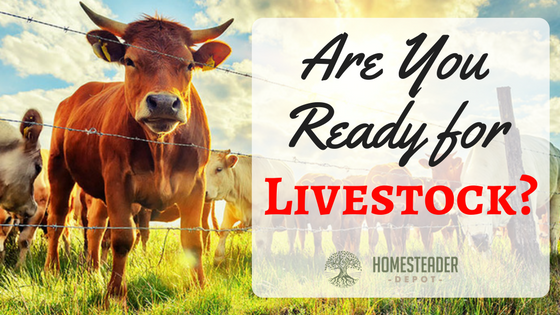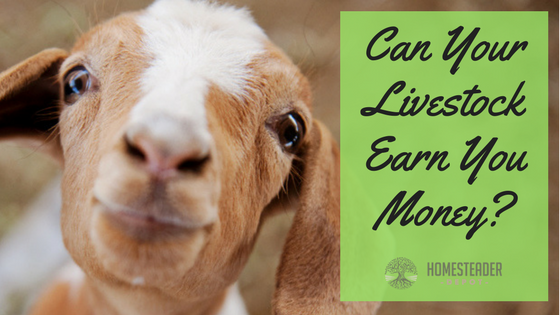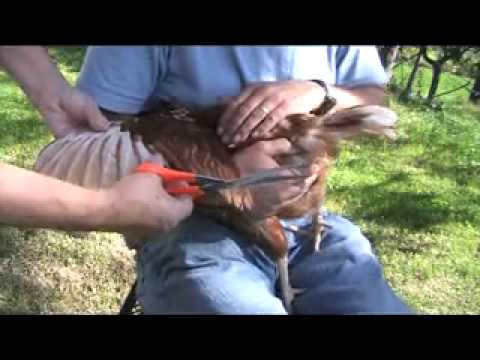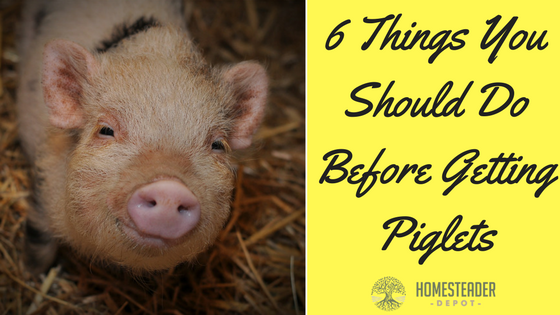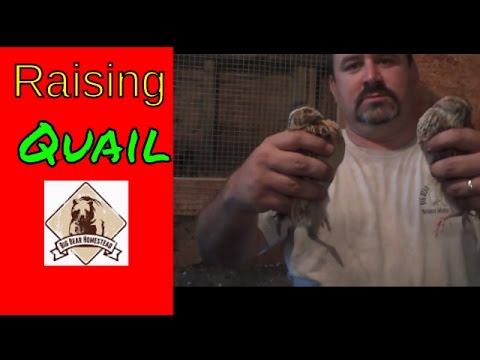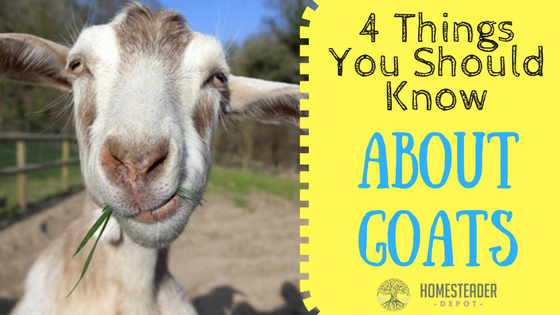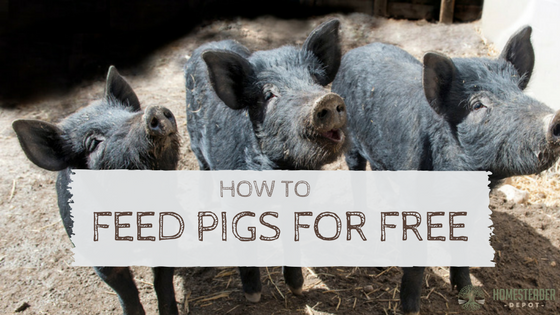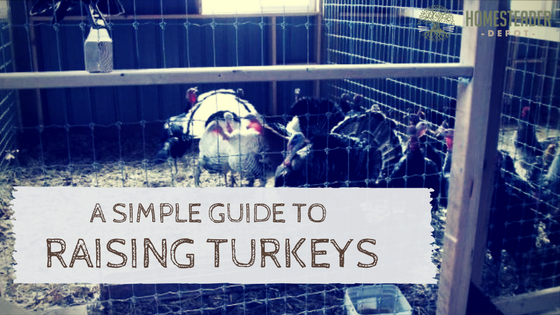Are You Ready for Livestock?
Raising livestock is one of the great appeals of homesteading. If you’ve just bought your own land or have plans to, or have considered raising goats or chickens in your backyard, you should be careful not to get too far ahead of yourself. The prospect of raising livestock is so appealing, the decision to dive … Read more

